We've unlocked the Premium Features for this special episode! Members get access to features just like this across our entire library. Learn More
Please request our permission before redistributing these files.
- Como surgiu a língua portuguesa How did the Portuguese language come about
- e por que razão desempenha um papel tão importante no mundo? and why does it play such an important role in the world?
- Após a invasão romana, há mais de 2000 anos, After the Roman invasion, over 2000 years ago,
- o latim estabeleceu-se na região Latin established itself in the region
- e acabou por substituir as línguas nativas da Península Ibérica. and eventually replaced the native languages of the Iberian Peninsula.
- Quando Portugal foi fundado, When Portugal was founded,
- adotou a sua própria língua românica, it adopted its own Romance language,
- que se tornou, essencialmente, portuguesa. that became essentially Portuguese.
- A mesma língua românica era também falada na Galiza, The same Romance language was also spoken in Galicia,
- região do norte de Espanha. a region of northern Spain.
- É interessante notar que, ainda hoje, It is interesting to note that even today
- as pessoas da Galiza e Portugal the people of Galicia and Portugal
- são capazes de comunicar umas com as outras sem problemas. are able to communicate with each other without problems.
- Em 1290, o Rei D. Dinis de Portugal In 1290, King Dinis of Portugal
- fundou a primeira Universidade portuguesa, founded the first Portuguese university,
- e decretou que, a até então chamada "língua comum”, and decreed that, the until then called "common language",
- fosse conhecida como "Português", would be known as "Portuguese",
- devendo esta ser usada oficialmente por todo o reino. and it should be used officially throughout the kingdom.
- Como Portugal e Espanha se situam na periferia da Europa, As Portugal and Spain are situated on the periphery of Europe,
- as línguas de cada país desenvolveram-se de forma diferente das outras línguas românicas, the languages of each country developed differently from the other Romance languages,
- como o italiano e o francês. like Italian and French.
- Durante a Era dos Descobrimentos, nos séculos XV e XVI, During the Age of Discoveries in the 15th and 16th centuries,
- a língua foi levada para muitas regiões de África, Ásia e Américas. the language was taken to many regions of Africa, Asia, and the Americas.
- O japonês ainda tem muitas palavras de origem portuguesa, Japanese still has many words of Portuguese origin,
- uma vez que existiam laços comerciais estreitos. as there were close trade links.
- O português foi utilizado no Sri Lanka durante quase 150 anos, Portuguese was used in Sri Lanka for almost 150 years,
- e ainda existem vestígios claros da herança portuguesa em Goa, and there are still clear vestiges of the Portuguese heritage in Goa,
- uma vez que só foi cedida à Índia em 1961. as it was only ceded to India in 1961.
- Para além de ser a língua oficial de vários países, Apart from being the official language of many countries,
- a diáspora portuguesa de cerca de dez milhões de pessoas, the Portuguese diaspora of about ten million people,
- torna-a numa língua frequentemente encontrada por todo o mundo. makes it a language frequently encountered all over the world.
- Como podemos ver pela sua história As we can see from its history
- e pela sua aclamação internacional, and its international acclaim,
- aprender português abre mundos completamente novos – literalmente! learning Portuguese opens up completely new worlds – literally!
Vocabulary
a aclamaçãoacclaim apósafter, upon cadaeach, every comumcommon ConhecidaKnown os descobrimentosdiscoveries desenvolverto develop EspanhaSpain EstreitosClose a EuropaEurope francêsFrench sing. masc. FundadoFounded GalizaGalicia a herançainheritance, heritage ItalianoItalian JaponêsJapanese LatimLatin os laçoslinks LiteralmenteLiterally a línguatongue Língua românicaRomance language MilhõesMillions o mundoworld a origemorigin palavraswords PaísesCountries as regiõesregions surgirto arise, emerge, come about Os séculoscenturies UtilizadoUsed ÁfricaAfrica ÁsiaAsia a ÍndiaIndia Expressions
uma vez quesince, as Para além deApart from, Besides, In addition to 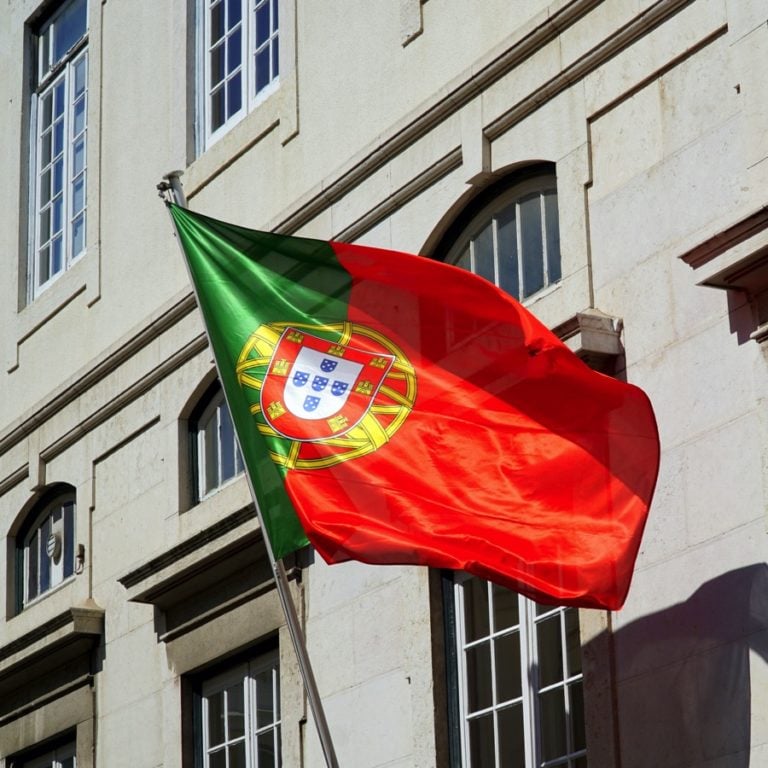
 Eliana
Eliana


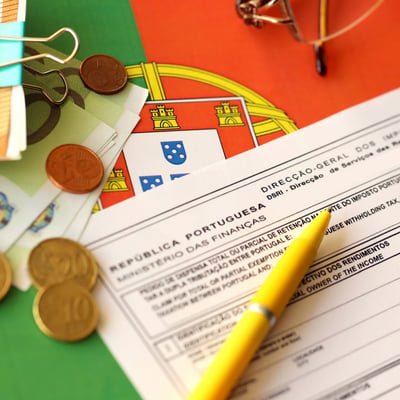
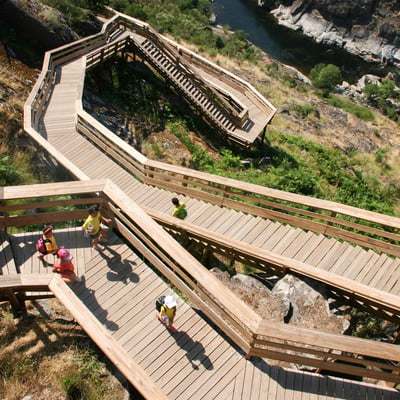



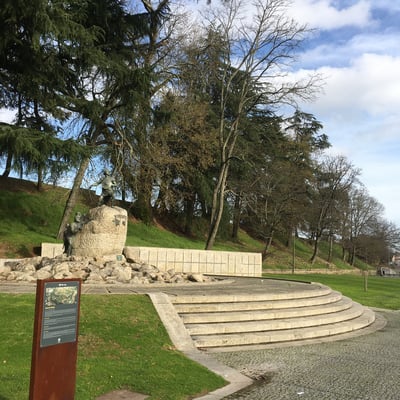
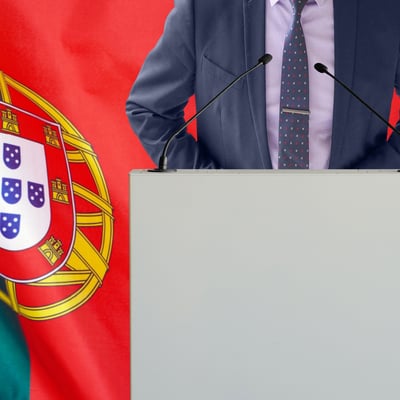



e decretou que fosse conhecida como “Português”, Still trying to get my head around these subjunctive tenses!
I thought past subjunctive used for improbable/unreal events in past or future, but this actually happened.
Presumably subjunctive needed after decretou que, but why not say present subjunctive? Decretou que seja conhecida como “Português”??
If he decreed it, it was going to happen, and it did happen!!
Thanks for your forbearance on these tricky grammar issues!
Olá, Peter. The subjunctive can be used in a number of situations, including this one, especially because the way the sentence is structured asks for it. “Decretou” is also in the past tense, so the imperfect subjunctive “fosse” is fitting 🙂
Hi Peter
You would also use a kind of past tense in English in the same situation “should” not “shall” – I would say, and I believe you are right in saying that it is decretou que that calls for the subjunctive form.
Regards
Troels
Muito interesante. Obrigada.